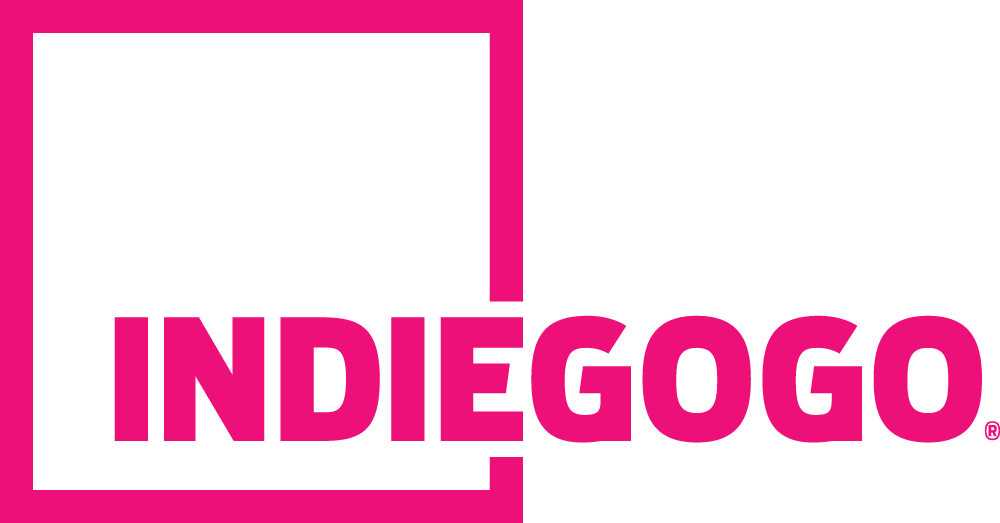Post Outline
Crowdfunding Models
What is it?
“Crowdfunding is a method of raising capital through the collective effort of friends, family, customers, and individual investors. This approach taps into the collective efforts of a large pool of individuals—primarily online via social media and crowdfunding platforms—and leverages their networks for greater reach and exposure.” -fundable.com
Ok, but what do we get out of being part of the crowd??
- Reward-based
- You get a product, a service, or you get to name something for contributing
- Social Welfare
- You become a sponsor or a donator to a social welfare cause
- Equity-based
- You get a cut of the shares, profits, sales, etc.
Kickstarter
-
Focused on creativity
-
Similar to the old model of arts patronage (Mozart will compose for you if you pay for his expenses)
-
Offers rewards/experiences (Ex: You get to meet the creator of the product if you fund a certain amount/you get a signed copy of their new album)
-
Target-based (If the funding goal is not met, the “pledges” don’t go through and you don’t actually pay any of your pledged money)
Neighborly

-
Investments in civic projects via micro-bonds
-
Traditional municipal bonds cost a lot ($10,000); Neighborly allows you to use smaller amounts
-
Ex: Allows you to “donate” $17 towards your local park, except your “donation” actually gets you tax-free interest returns
“Rather than just say, ‘Give us money, and donate to this out of the altruism of your heart.’ They’re saying, ‘Give us money and donate to this project, but also get a return as well.’ And so, it’s enabled them to raise more money, get more people involved, and be more successful in raising money for community.”
Indiegogo

-
Started for independent film makers
-
Focused on ideas, charities, and start-ups
-
Similar to Kickstarter, but…
-
Indiegogo vs. Kickstarter:
- Indiegogo allows for partial funding (instead of Kickstarter’s all-or-nothing pledge system)
- Indiegogo allows for on-going fundraising. “And then they allow you to keep raising funds forever. And so, you can keep raising money even after you’ve hit your target, even after its been long gone, and you say, ‘Just help us continue to support our charitable mission, or our service, or our artistic project.’”
My Thoughts
I remember hearing about Kickstarter a long time ago. I’ve actually contributed to multiple projects on Kickstarter, and while there has been some drama in the past when the project creators didn’t actually reward their contributors, I’ve gotten the promised rewards from all the projects I pledged to. I’ve pledged money to content creators that I like, cool products that are environmentally-friendly, and even a weird one that sent you a small block of one of the densest metals (tungsten).
Overall, I really support this method of funding ideas and businesses. You don’t have to invest a ton of money if you don’t want to and you can express yourself and your ideals by supporting ideas that you believe in. Another significant player is Patreon, which a lot of content creators use as a main source of income. The starving artist of the past is no more if he or she can smartly utilize these kinds of funding models (which I think is great!)